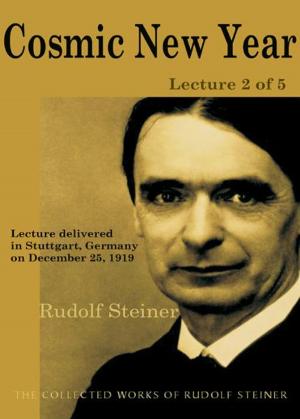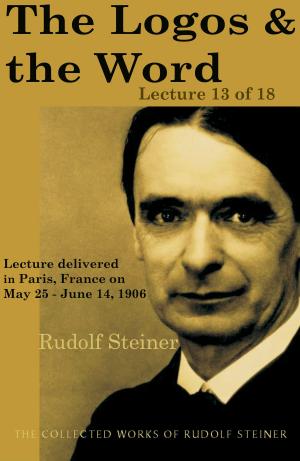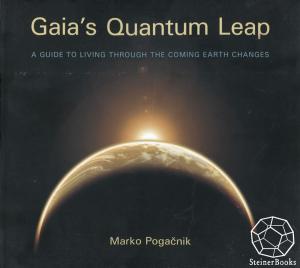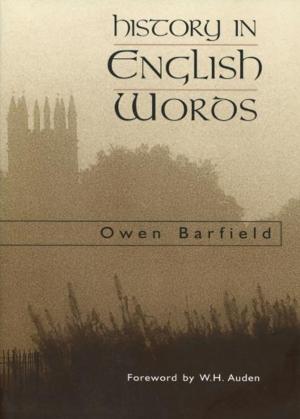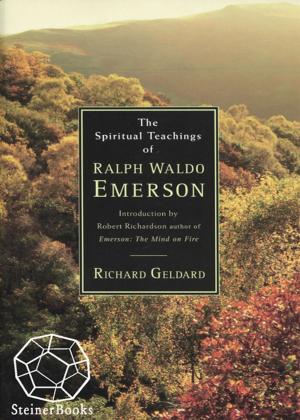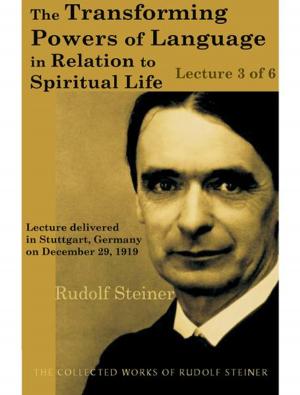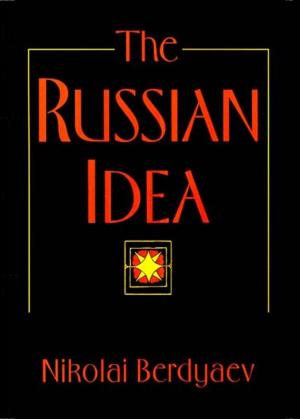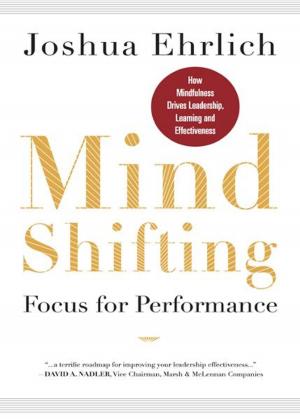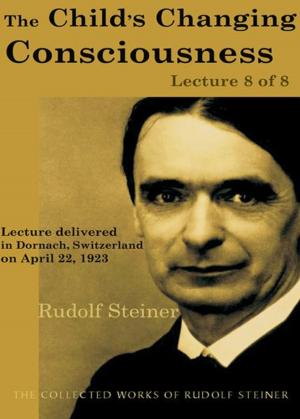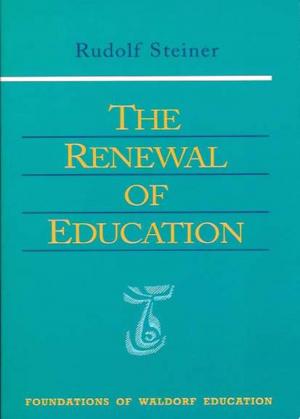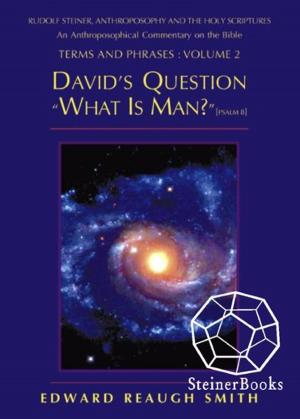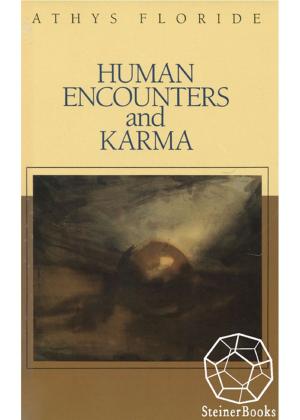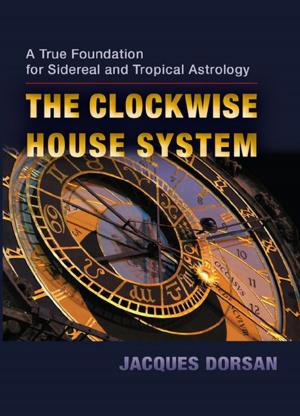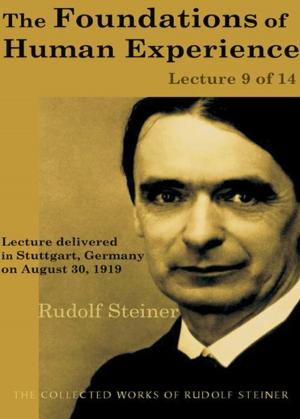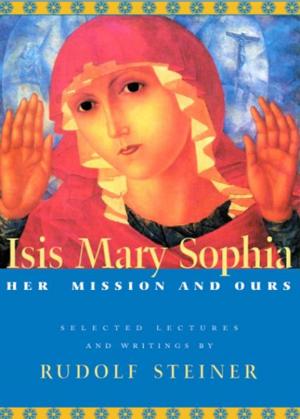Inner Impulses of Evolution: The Mexican Mysteries and The Knight Templar
Nonfiction, Health & Well Being, Psychology, Developmental Psychology| Author: | Rudolf Steiner | ISBN: | 9781621510055 |
| Publisher: | Steinerbooks | Publication: | January 1, 1984 |
| Imprint: | SteinerBooks, Collected Works 171 | Language: | English |
| Author: | Rudolf Steiner |
| ISBN: | 9781621510055 |
| Publisher: | Steinerbooks |
| Publication: | January 1, 1984 |
| Imprint: | SteinerBooks, Collected Works 171 |
| Language: | English |
The history presented in most modern textbooks is a collection of external facts, arranged chronologically, which seem to have occurred without rhyme or reason. Rudolf Steiner takes these facts fully into account in this work, but he aslso goes beyond them to describe the inner impulses at work which make the intense drama of human development understandable. These lectures take us to ancient Greece to witness the struggle with the spirit of groundless fantasy, and to ancient Rome and the struggle against the forces of centralized political domination. We hear of hou these tow forces, opposed to humanity, threatened to reach a tragic climax in the bloody Aztec mysteries of ancient Mexicao, until they were thwarted by the heroic efforts of a Mexican Sun-initiate. Steiner also describes the effects of these ancient conflicts - both physical and spiritual - as reflected in European history. The Knights Templar and their persecution by Philip the Fair, the run-in between Sir Thomas More and King Henry VII, and the healing wisdom of the Rosicrucians and in the works of Goethe are all dealt with. It is thus possible, these lectures, to concretely experience part of the on-going drama of human development.
The history presented in most modern textbooks is a collection of external facts, arranged chronologically, which seem to have occurred without rhyme or reason. Rudolf Steiner takes these facts fully into account in this work, but he aslso goes beyond them to describe the inner impulses at work which make the intense drama of human development understandable. These lectures take us to ancient Greece to witness the struggle with the spirit of groundless fantasy, and to ancient Rome and the struggle against the forces of centralized political domination. We hear of hou these tow forces, opposed to humanity, threatened to reach a tragic climax in the bloody Aztec mysteries of ancient Mexicao, until they were thwarted by the heroic efforts of a Mexican Sun-initiate. Steiner also describes the effects of these ancient conflicts - both physical and spiritual - as reflected in European history. The Knights Templar and their persecution by Philip the Fair, the run-in between Sir Thomas More and King Henry VII, and the healing wisdom of the Rosicrucians and in the works of Goethe are all dealt with. It is thus possible, these lectures, to concretely experience part of the on-going drama of human development.

